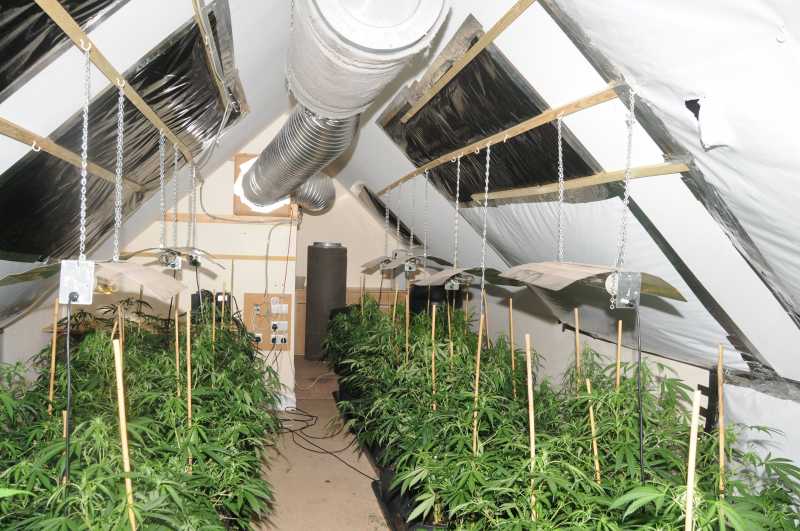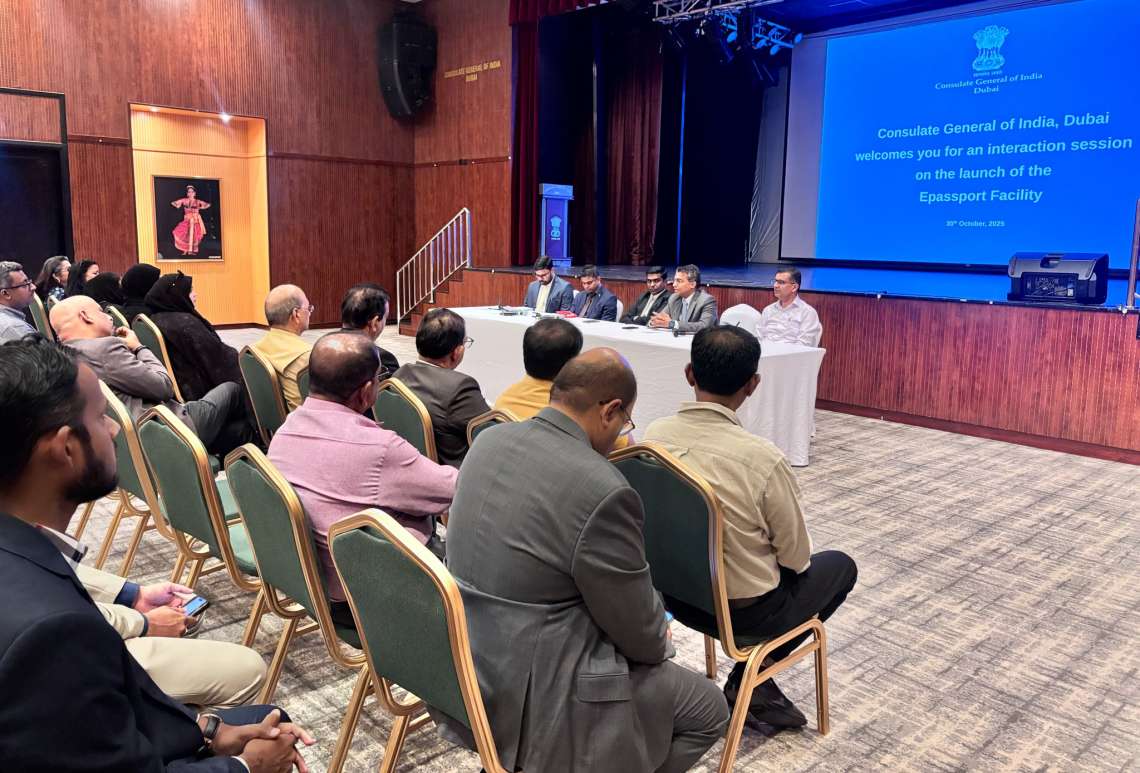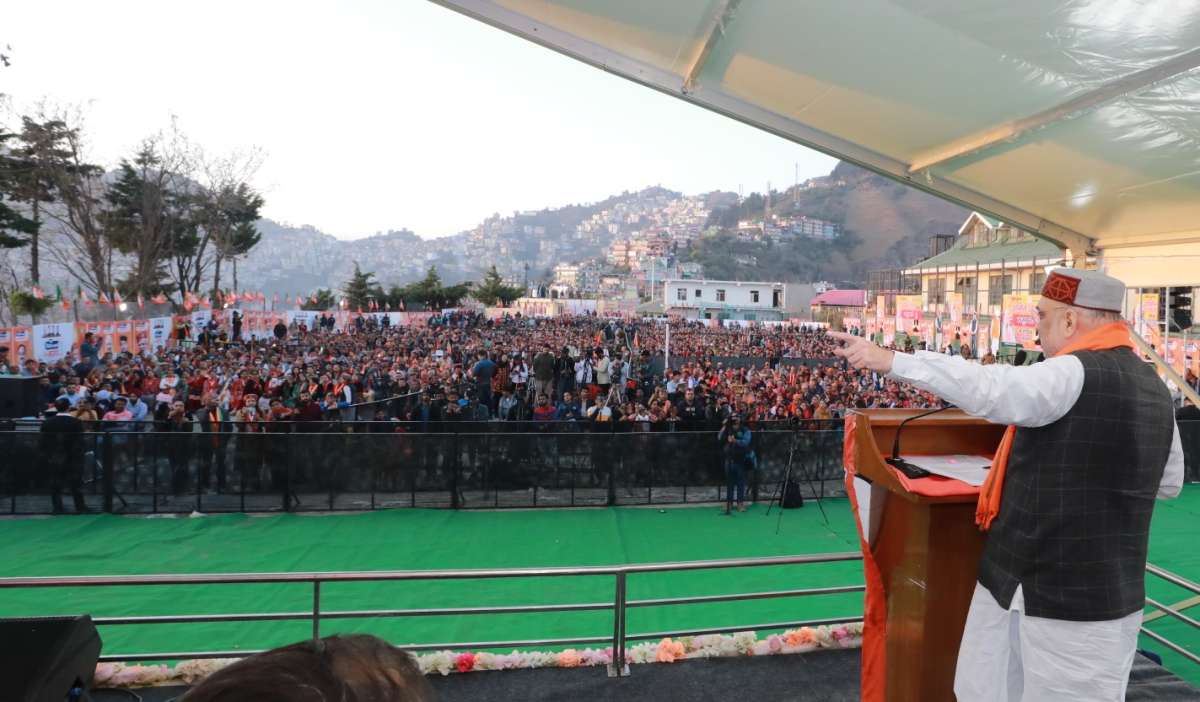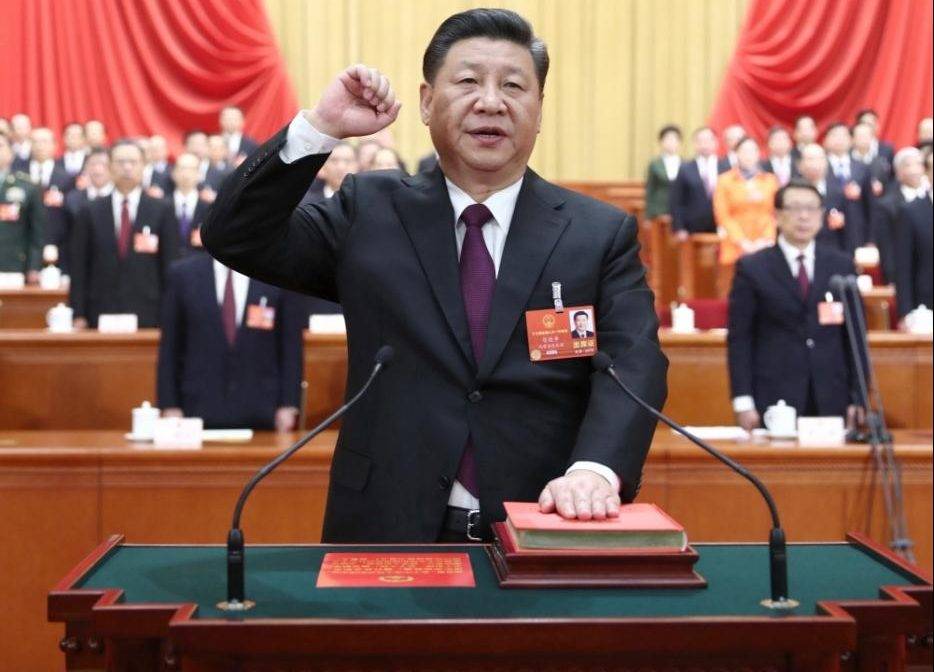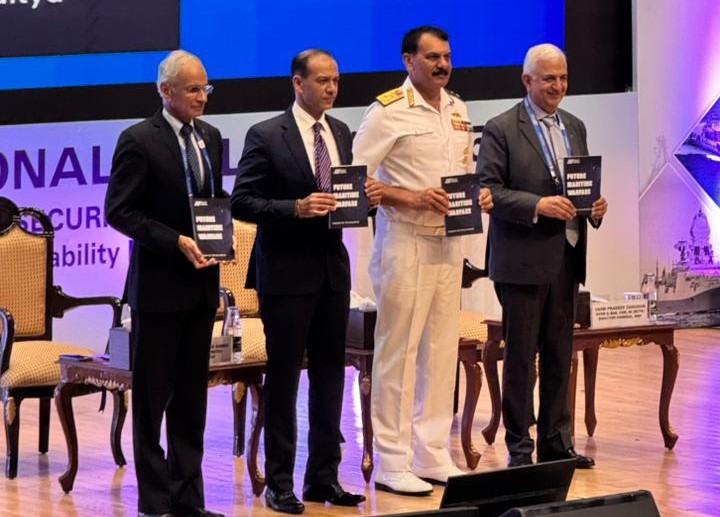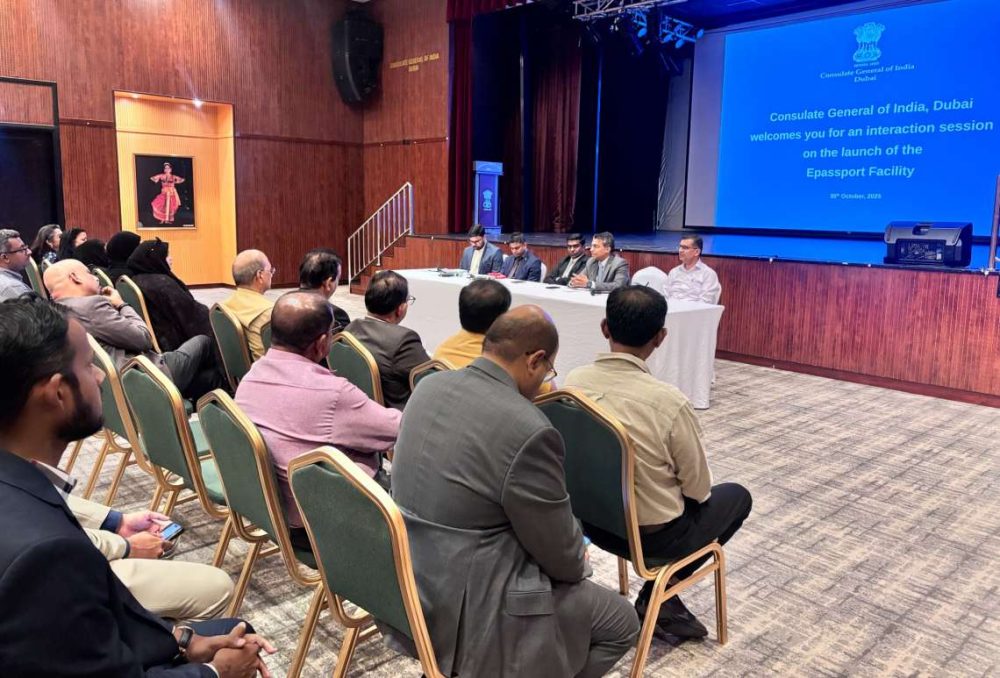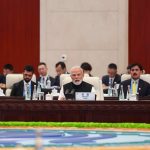A section of growers in Kullu, Mandi, Chamba and Shimla districts have been asking the political parties that cannabis and poppy cultivation need to be legalised..writes Vishal Gulati
With many lawmakers less vocal about legalising cannabis cultivation, it is once again an election issue in Himachal Pradesh with the outgoing BJP government deliberated, but failed, to legalize it that will benefit nearly 300,00 farming families belonging to the lower-income group.
A section of growers in Kullu, Mandi, Chamba and Shimla districts have been asking the political parties — mainly the Congress and the BJP — that cannabis and poppy cultivation need to be legalised and promoted to supplement their income and overcome rising unemployment.
With NDPS cases registered in the state considerably more compared with the rest of the country, the outgoing BJP government has recently mulled to legalise hemp to mobilize its resources as the state has been banking heavily on borrowings through market loans with the debt crossing over Rs 62,000 crore and little funds available for development.
Of late, illegal settlement in inaccessible hamlets and the changing trends in drug trafficking and addiction amongst the youth is a stark reminder of the deepening nexus between the local peddlers and the international drug mafia with the tacit support of some powerful people, including politicians, admit officials.
“This is the first time that courts have sentenced convictions in the NDPS Act cases in such high numbers in a week’s time. The progress of the NDPS Act cases is reviewed by the Director General of Police on a weekly basis,” the DGP’s office said last month.
“Be it the Lok Sabha, or the Assembly and even the panchayat polls, politicians do come knocking on our doors with a promise that they will ensure legalizing cannabis cultivation,” said apple grower Ajay Thakur, whose orchard is located on the outskirts of Manikaran, famous for a Sikh shrine in Kullu district.
“As the income from apples is declining owing to weather vagaries, the farmers need to look for alternatives of growing remunerative crops,” he said.
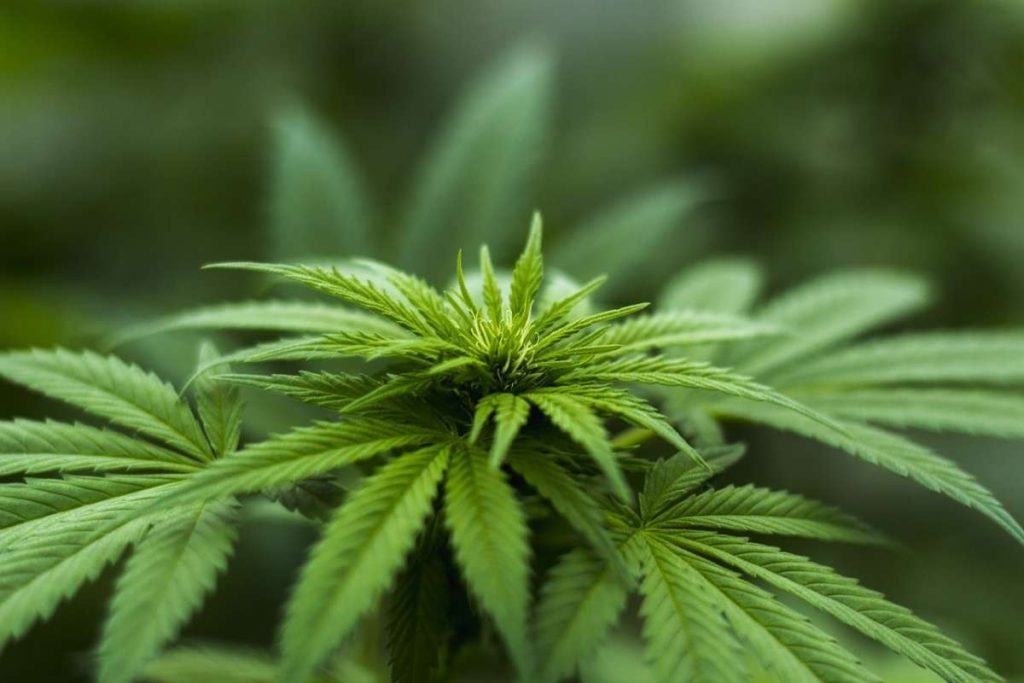
According to him, selective poppy cultivation is the best option for the growers to compensate for losses.
Another farmer K.C. Dhiman said allowing poppy growing would also help check its illegal cultivation in the region.
The involvement of foreigners, including those from African countries, the UK, Russia and Israel in the murky drug trade in the picturesque Kullu Valley is an open secret.
Police say that the involvement of youths in possessing and trafficking of drugs in Kullu district alone is nearly 80 per cent, with the sharpest increase witnessed among those in their twenties.
According to officials, over 60 per cent of the poppy and cannabis produced in Himachal is smuggled to countries like Israel, Italy, Holland and other European countries. The rest finds its way to Nepal or other Indian states like Goa, Punjab, and Delhi.
Even the Himachal Pradesh High Court has time and again rapped the state authorities over their response, or lack of it, to the growing drug menace in the state.
However, politicians see an economic boom in legalising cannabis cultivation as thousands of families depend on it. They are, however, against cannabis derivatives.
Going vocal time and again, BJP’s three-time MP Maheshwar Singh said before its cultivation was banned in the Kullu-Manali region, cannabis was a cottage industry as its strong fibre was used to make hemp shoes, ropes and bags.
“The extract of cannabis is the staple diet in every household and is being used for religious ceremonies. I had raised the issue in the Lok Sabha several times to legalise its cultivation,” Singh, whose candidature was withdrawn by the BJP after he failed to convince his son Hiteshwar Singh to withdraw his nomination as an independent candidate, told IANS.
Another former BJP MP Virender Kashyap said legalised cultivation of opium is the best option to check its misuse.
“There is a huge demand for opium in the pharmaceutical industry. If our farmers are able to meet the market demand, what is wrong in it?” Kashyap asked, adding that he’s against the making of hashish and its smuggling.
According to him, some states like Rajasthan and Madhya Pradesh have allowed selective cultivation of opium, which has greatly helped to strengthen the rural economy.
The Magic Valley in the upper reaches of Malana, some 50 km from Kullu town, is known for cultivating Malana Cream, a prized hashish that is a purified resinous extract of cannabis, in the West.
Police records show that there are 50,000 acres of cannabis under cultivation in the Kullu Valley alone.
After trudging high mountains in a 17-hour-long operation amid heavy rain with the mercury dipping close to the freezing point, the police in May last year seized over 15 lakh fully grown poppy plants, valued at Rs 10 crore, illegally spread over a vast stretch in the interiors of Mandi district.
A field intelligence report about the cultivation of poppy (opium) plants in Chauhar Valley had revealed that a huge area comprising government and private lands was being used to cultivate opium.
As the news of the police raid spread fast in the neighbouring areas, few locals themselves started to uproot the poppy plants at one of the spots, but timely action of the police foiled all such attempts.
The police told IANS that cannabis and opium are grown illegally in vast tracts of Kullu, Mandi, Shimla and Chamba districts, causing a serious problem of drug cultivation, trafficking and addiction.
Official sources told IANS that in January this year a proposal was sent to the Cabinet for discussion for controlled cultivation of hemp to mobilise resources.
As per the proposal, the controlled cultivation of cannabis could annually generate a revenue of around Rs 900 crore for the state, besides providing employment to nearly 50,000 people, mainly the youngsters.
Experts say there is a huge demand for an extract of the poppy in the pharmaceutical industry. Also, the climatic condition in the state is congenial for its cultivation.
The opposition Congress has promised to set up an anti-drug abuse enforcement authority to fight illicit drugs trade if the party is voted to power.
AICC Joint Secretary Gokul Butail told IANS that it would be a first-of-its-kind independent authority in which even the Chief Minister, the ministers or even the DGP will not be able to interfere.
“Himachal Pradesh is second after Punjab in terms of drug trade. The anti-drug abuse enforcement authority will be headed by a sitting judge of the high court or the Lokayukta, with a fixed term of two years,” Butail said.
According to the Election Department on Monday, illicit liquor, cash, narcotics, etc., of Rs 18,00,27,608 have been seized by different law enforcement agencies since the model code of conduct came into force.
Himachal Pradesh will go to the polls for the 68-member legislative Assembly on November 12.


